Give 5: Steps to a Wellbeing Rights Framework focuses on what government and organisations can do to better tackle the mental health crisis. Take 5 Steps to Wellbeing is a public health campaign focusing on what individuals can do to improve their mental health. We can’t have one without the other.
Too often, people battling 'mental health' issues are made to feel like they are the problem. That there's something wrong with their brain, that they're weak, or that they haven't 'tried hard enough'. This only makes things worse.
We know that the world around us shapes us. Poverty, violence, discrimination, isolation and toxic cultures are often the real culprits. The evidence shows that there are serious failures in our systems causing devastating harm to individuals, families and communities. It's time for radical change. That time is now.
Give 5: Steps to a Wellbeing Rights Framework
People with lived experience, along with mental health workers, have created this rights-based framework. It outlines 5 steps which government bodies and organisations can act on to address the 'mental health' crisis.
Quick fixes and band-aid solutions might look good, but don't address the real issues. It's not just about more resources, but how and where the money is spent. We call on the government to adopt this framework and need your help.




A quiet revolution has been occurring in neighbourhoods and communities worldwide. At the root of these alternatives is a deep commitment to human rights, dignity, and non-coercive practices, all of which remain an elusive challenge in traditional mental health systems too heavily reliant on a biomedical paradigm.Professor Dainius Puras, UN Special Rapporteur on the Right to Health, 2020.
Options currently available for people experiencing mental health problems are too narrow. All too often 'treatment' options are limited to antidepressants. These have their place if people are informed about their rights, given choices about medication, offered regular reviews and if adequate monitoring is in place.
However, the inexorable rise of antidepressant prescribing rates, with growing evidence of harmful side-effects, coupled with the absence of alternative, community-based options for healing from emotional distress and trauma, constitutes a major health issue.
Both the United Nations and the World Health Organisation have called on governments to prioritise community based, alternative, mental health services.
A substantial body of evidence exists which shows the therapeutic value of creativity and the arts. Research and practice, including by New Script for Mental Health, has affirmed the value of rights-respecting interventions, as low-risk and cost-effective initiatives that enhance health and well-being in ways that outdated medical interventions cannot.
Specialist services are also needed, but too often these are either not available, or do not provide creative, meaningful alternatives to medication. Non-medicalised options for people experiencing what are considered more extreme states, such as psychosis, self-harm, and suicidal crises, must be provided.
A medicalised framing of distress is currently a prerequisite for receiving support of various kinds, including mental health and disability benefits. Being medicalised should not be a precondition for people receiving the support they need.
You will find links below to a range of evidence sources that support Step 2: Be Active. This is drawn from both international and local levels, including the United Nations and WHO, academic journals and books, parliamentary and NGO reports, alongside analysis by New Script for Mental Health.
Further links will be added on an ongoing basis.
Act now to endorse Give 5
Use the form below to show your support, as either an individual or an organisation. Additionally, you can choose to send an email to the Minister for Health, Mike Nesbitt, to urge him to endorse Give 5 too!.



